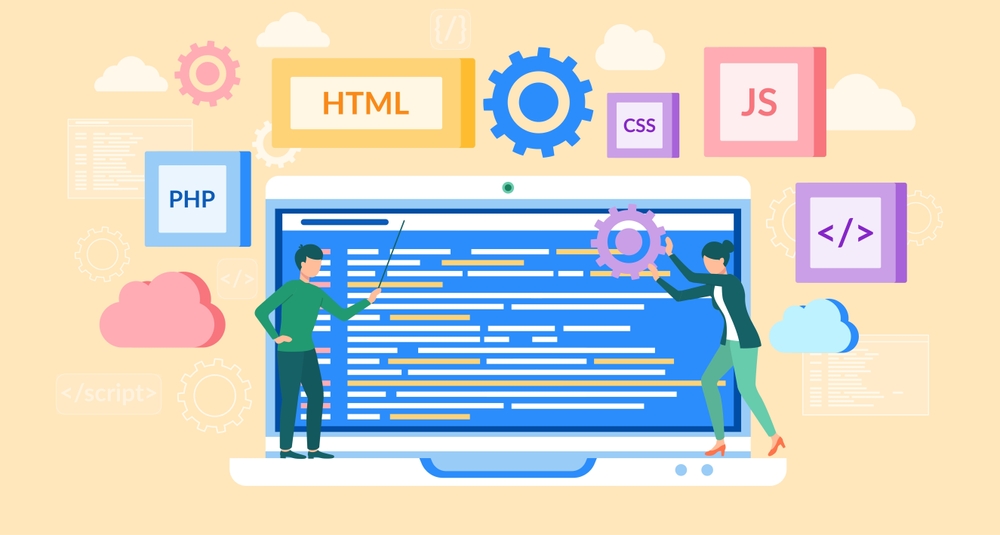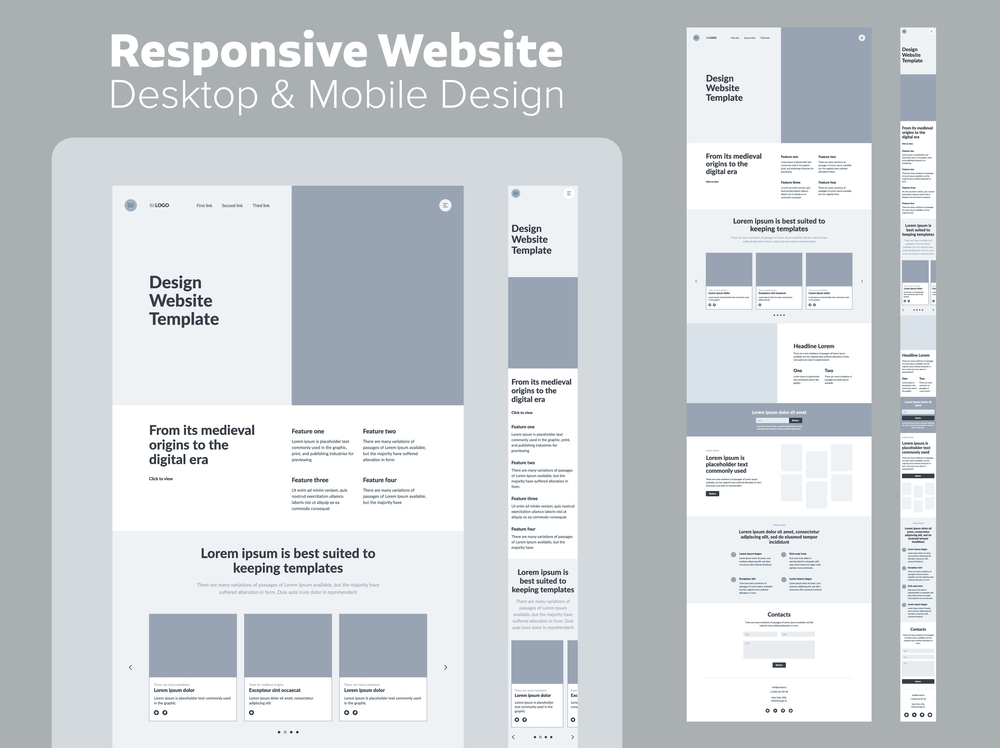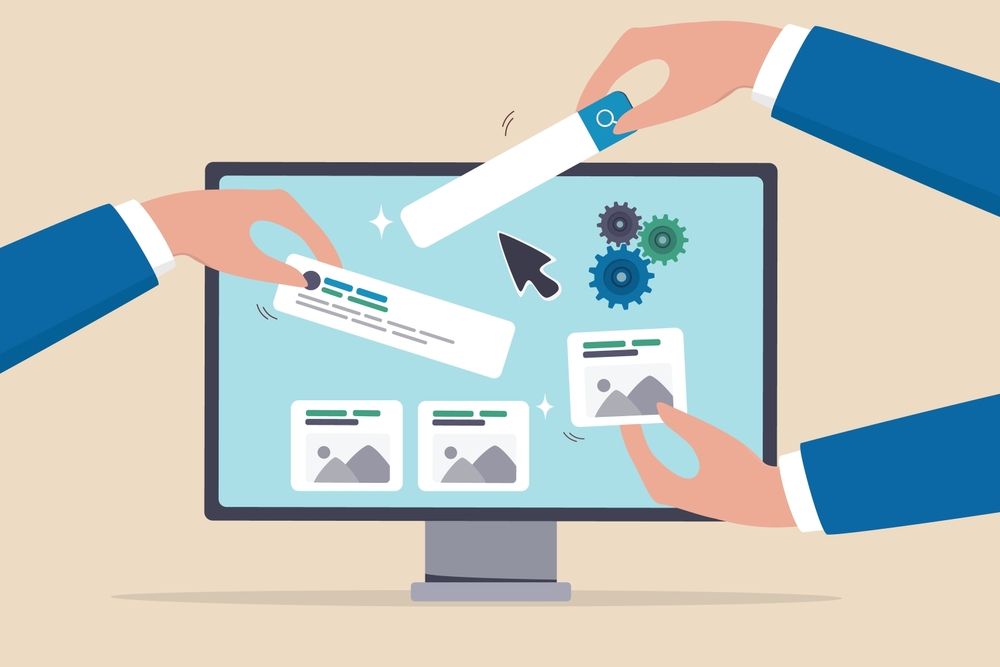When Minimal Web Design Works in 2026
Minimal web design has evolved from a visual trend into a performance-driven strategy. In 2026, minimalism is not about empty space—it’s about clarity, focus, and purpose. Knowing when minimal web design works in 2026 helps businesses create faster, more effective, and user-friendly digital experiences.
Minimal design works best when simplicity improves usability and outcomes.
When User Focus Is the Top Priority
One of the strongest situations when web design works in 2026 is when the goal is user focus. Minimal layouts remove distractions and guide users toward a single action.
Minimal design helps users by:
-
Highlighting key content
-
Reducing cognitive load
-
Making navigation effortless
-
Improving task completion
Less visual noise means better decision-making.
When Website Speed and Performance Matter
Minimal design directly improves speed. A major reason when web design works in 2026 is performance optimization.
Minimal websites:
-
Use fewer images and scripts
-
Load faster on all devices
-
Improve Core Web Vitals
-
Reduce bounce rates
Speed is critical for SEO and user satisfaction.
When Mobile-First Design Is Essential
Mobile screens demand simplicity. Another clear scenario when web design works in 2026 is mobile-first experiences.
Minimal design supports mobile by:
-
Using clean layouts
-
Prioritizing touch-friendly elements
-
Improving readability
-
Reducing scrolling friction
Minimalism ensures clarity on smaller screens.

When Content Needs to Stand Out
Content-driven websites benefit greatly from minimal design. Knowing when web design works in 2026 is crucial for blogs, portfolios, and service websites.
Minimal design allows:
-
Better content readability
-
Clear content hierarchy
-
Strong visual focus
-
Higher engagement
Content becomes the hero, not the background.
When Brand Trust and Professionalism Matter
Minimal design builds trust. One reason when web design works in 2026 is its ability to convey professionalism.
Minimal websites feel:
-
Clean and modern
-
Credible and reliable
-
Easy to navigate
-
Well-structured
This is especially effective for professional services and B2B brands.
When AI-Driven Personalization Is Used
Minimal layouts work well with AI. Another important case when minimal web design works in 2026 is AI-powered personalization.
AI enhances minimal design by:
-
Dynamically changing content
-
Highlighting relevant sections
-
Personalizing CTAs
-
Reducing unnecessary elements
AI fills the gaps while design stays simple.
When Accessibility Is a Priority
Accessibility benefits from minimalism. This is a critical point when minimal web design works in 2026.
Minimal design improves accessibility through:
-
Clear contrast and typography
-
Logical navigation structure
-
Reduced visual clutter
-
Screen-reader-friendly layouts
In India, inclusive digital design aligns with guidelines supported by the Ministry of Electronics and Information Technology.
When SEO and UX Work Together
Minimal design supports SEO by improving UX signals. A strong reason when minimal web design works in 2026 is better search performance.
SEO benefits include:
-
Faster page load
-
Improved dwell time
-
Clear content structure
-
Better engagement metrics
Search engines favor clarity and usability.
When Conversion Goals Are Clear
Minimal design performs best when conversion goals are defined. Understanding when minimal web design works in 2026 helps maximize results.
Minimal conversion-focused design:
-
Highlights CTAs
-
Reduces distractions
-
Guides users logically
-
Improves lead generation
Fewer choices often lead to higher conversions.
When Minimalism Is Used Strategically
Minimal design fails when it’s empty or confusing. It works best when applied with intent.
Minimal web design works when:
-
Content is strong
-
UX is well planned
-
Technology supports performance
-
Business goals are clear
Minimalism is a strategy, not a shortcut.
Get Expert Guidance for Minimal Web Design
Minimal design requires precision. Professional expertise ensures minimal layouts deliver maximum impact without sacrificing functionality.
Consult web design experts here
Final Thoughts
So, when minimal web design works in 2026?
When user focus, speed, mobile-first experiences, strong content, accessibility, SEO, AI personalization, and clear conversion goals are priorities.
Explore more related articles to deepen your understanding
Best Fonts for Branding: Create a Lasting Visual Identity
SEO Content Writing: A Complete Guide for BeginnersDoes Google use Cloudflare
Content Writing Basics: A Beginner’s Guide to Effective Writing


















